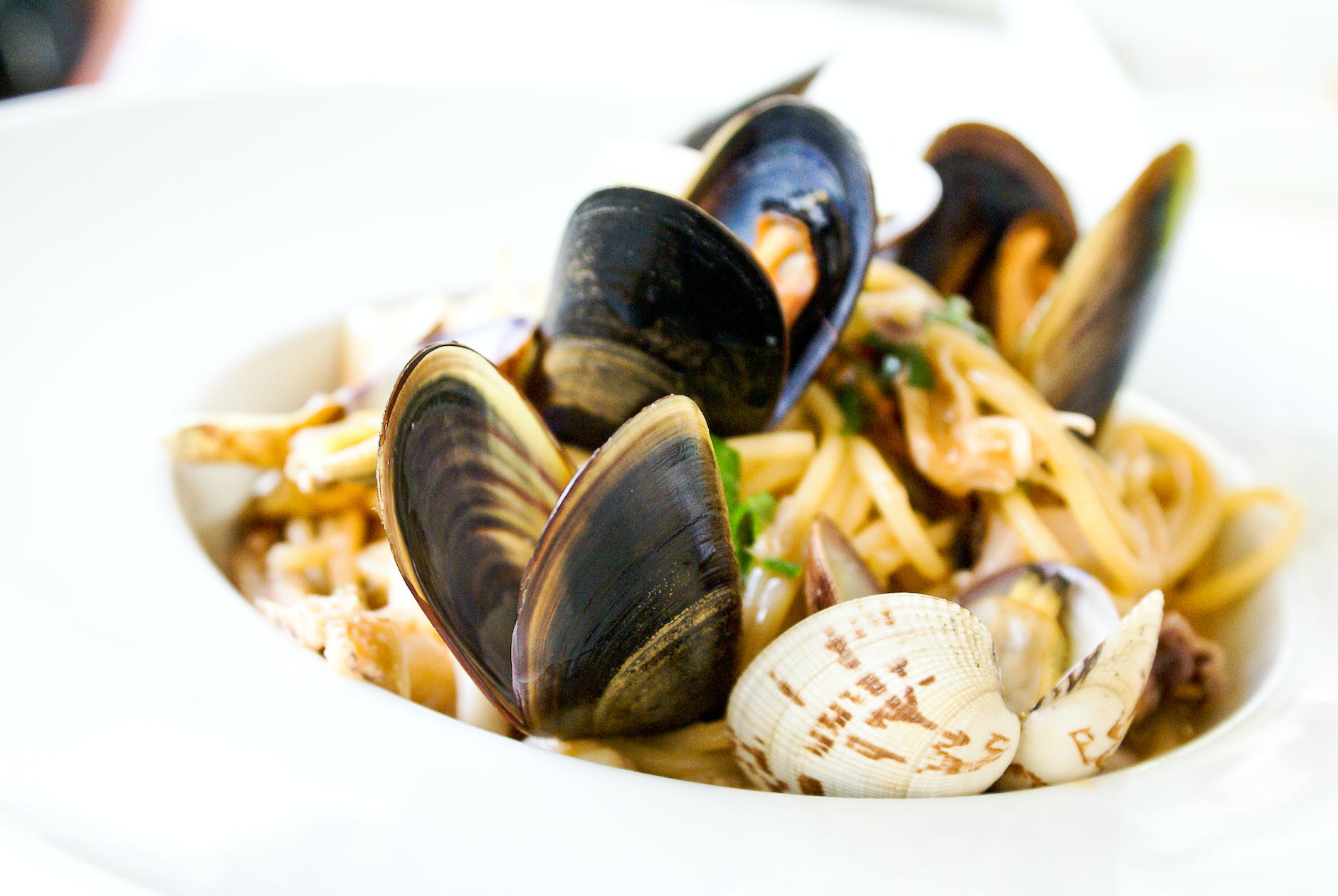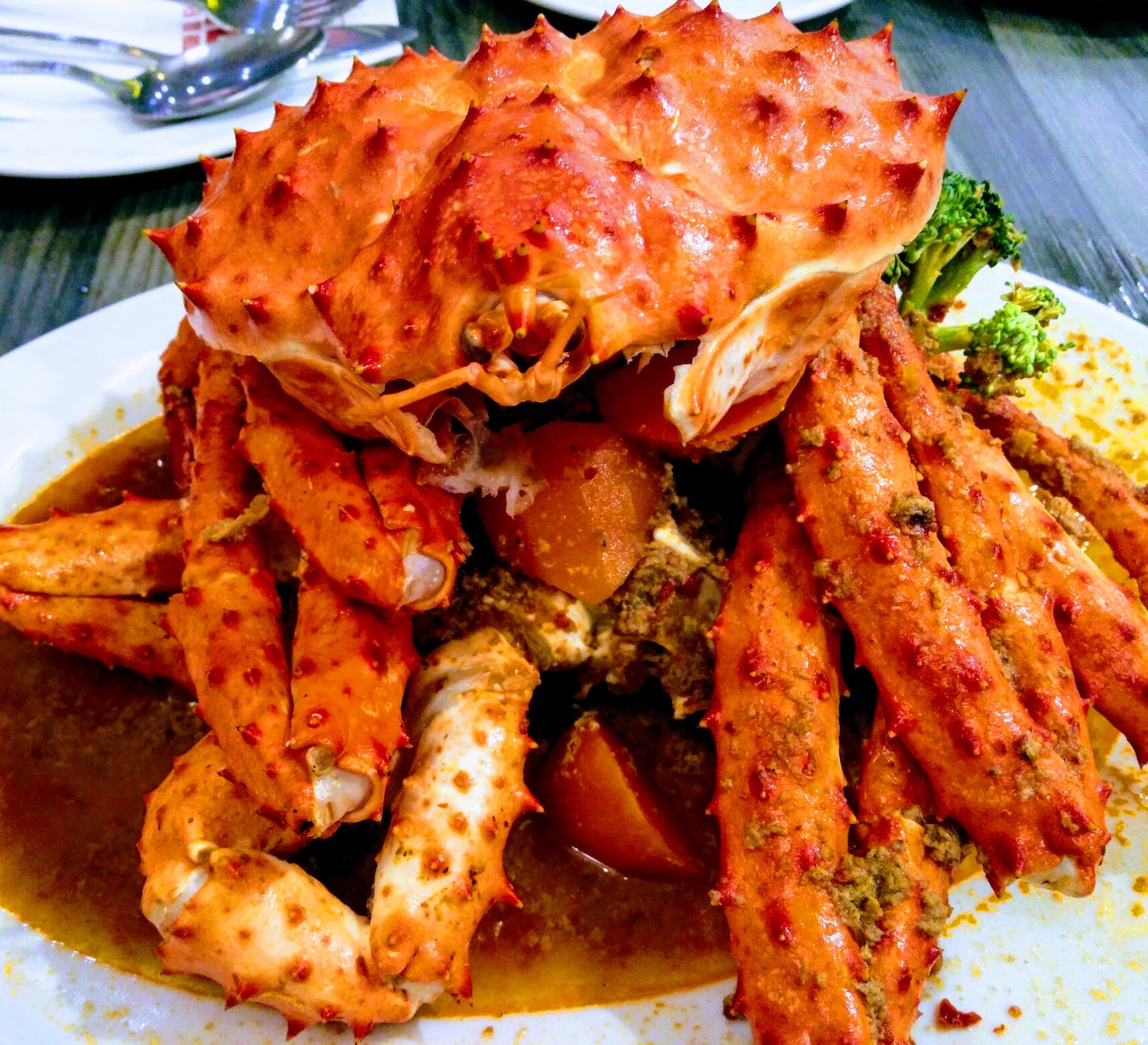
Introduction: The Power of Omega-3s for Expectant Mothers
Pregnancy is a journey of nurturing life, and what better way to support this journey than with the incredible benefits of Omega-3 fatty acids? Essential for fetal brain and eye development, these nutrients are vital for expecting mothers. Our guide dives into delicious, omega-3 rich seafood recipes that are not only nutritious but also delectably satisfying.
1. Zesty Grilled Salmon: A Brain-Boosting Delight
Recipe Highlight: Marinate salmon fillets in a zesty mix of orange juice, zest, dill, and a hint of honey. Grill to perfection, pairing with steamed asparagus and quinoa.
Why It’s Great: Salmon, a superstar in omega-3s, supports fetal brain development. This dish balances taste with nutritional benefits, making it a must-try!
2. Quick Tuna-Avocado Salad: A No-Cook Nutrient Fiesta
Recipe Highlight: Mix flaked light tuna with ripe avocado, cherry tomatoes, and a lemon-mustard dressing. Sprinkle chia seeds for an extra omega-3 boost.
Why It’s Great: Perfect for busy moms-to-be, this salad is a powerhouse of nutrients and offers a refreshing taste without the hassle of cooking.
3. Herb-Crusted Cod: A Light and Crunchy Treat
Recipe Highlight: Coat cod fillets with a mixture of wholegrain breadcrumbs, parsley, and lemon zest. Bake until golden and serve with roasted baby potatoes and a fresh salad.
Why It’s Great: Cod provides a lighter, yet omega-3-rich option for dinner, ideal for those who prefer a subtler flavor.
4. Vibrant Shrimp Stir-Fry: A Symphony of Colors and Flavors
Recipe Highlight: Stir-fry shrimp with bell peppers, snap peas, and broccoli in garlic-soy sauce, served over brown rice or wholegrain noodles.
Why It’s Great: This dish is not just a visual treat but also a fusion of flavors, offering variety and nutrition in a quick meal.
5. Mediterranean Mackerel Salad: A Trip to Flavor Town
Recipe Highlight: Grill mackerel fillets and toss over a salad of mixed greens, cucumbers, olives, feta cheese, with a lemon-oregano dressing.
Why It’s Great: Rich in omega-3s, mackerel takes you on a culinary journey, blending heart-healthy ingredients with a burst of Mediterranean flavors.
The Joy of Eating for Two: Nutritional and Culinary Bliss
These recipes are more than meals; they’re an adventure in taste and nutrition. Embrace them as part of your diet to ensure your baby’s health and enjoy the journey of motherhood with every bite.
FAQs for the Expectant Gourmet:
Q: How often should I eat seafood during pregnancy?
A: Aim for 2-3 servings per week to balance nutrition and safety.
Q: Can I have raw seafood?
A: It’s best to avoid raw seafood due to potential risks. Always opt for cooked varieties.
Q: Are there vegetarian sources of Omega-3?
A: Absolutely! Flaxseeds, chia seeds, walnuts, and omega-3 fortified eggs are great options.
Closing Thoughts: A Celebration of Healthy Pregnancy
Remember, a varied and balanced diet is key. These omega-3-rich recipes are not just meals; they’re a celebration of life and health. So, indulge in these culinary delights and nourish both yourself and your baby with every delicious bite!
Engage with Us!
Share your favorite omega-3-rich recipes, tips, or questions in the comments. Let’s build a community of healthy, happy pregnancies together!











